In 2025, the healthcare and medical sectors are set to undergo significant transformations, driven by advancements in technology. Artificial intelligence (AI) will play a pivotal role in diagnostics and personalized medicine, enhancing the accuracy of disease detection and enabling tailored treatment plans. Quantum computing will revolutionize drug development, accelerating the discovery of new medications and creating more targeted therapies.
Following are the expected medicinal aspects where these great future technologies are taking shape to create a better future for humanity.
Artificial Intelligence (AI) in Healthcare AI will enhance diagnostics and treatment plans, making personalized medicine more effective. It will improve the accuracy of disease detection, especially in radiology and pathology, and help develop customized treatments based on individual genetic profiles.
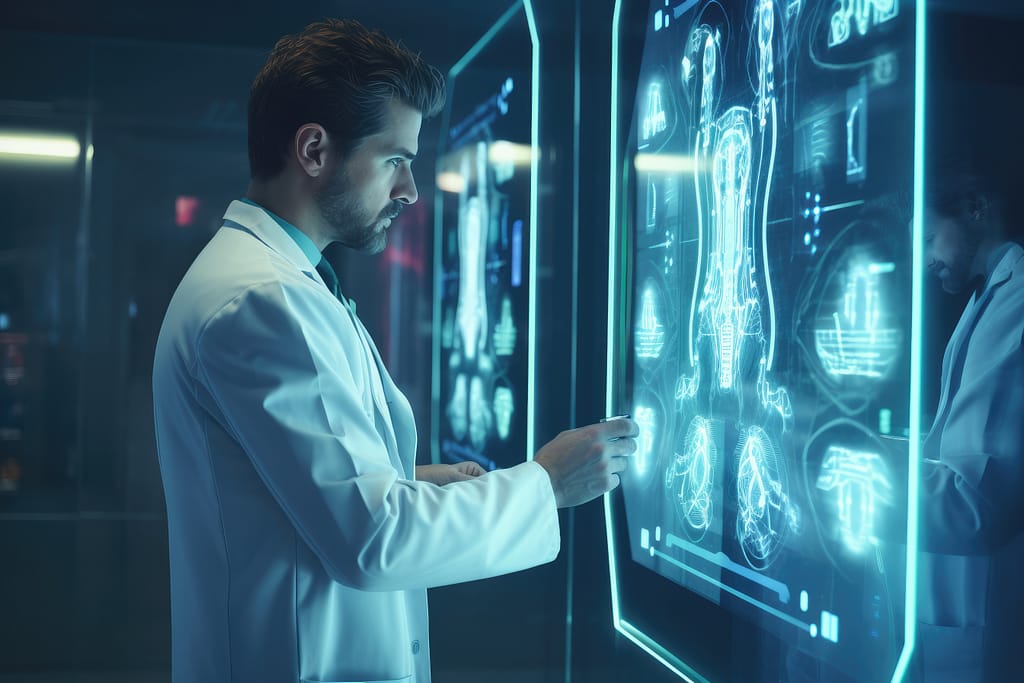
Quantum Computing Quantum computing will revolutionize drug development by simulating complex chemical reactions, speeding up the discovery of new medications. This technology will also aid in creating more targeted therapies.
Wearable Health Devices Wearable devices will evolve to monitor a wide range of health metrics, including blood pressure, glucose levels, and mental health indicators. This real-time data will help in early disease detection and prevention.
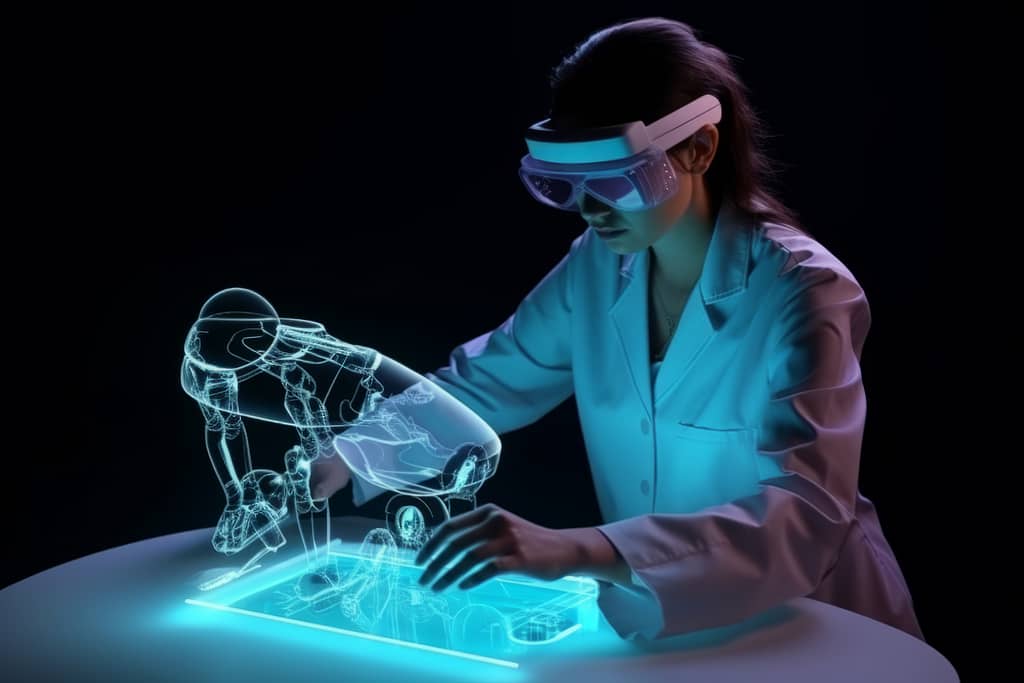
Telemedicine Telemedicine will expand, providing easier access to healthcare services, especially in remote areas. Virtual consultations and remote monitoring will make healthcare more accessible and convenient.
Read More : https://midnightindia.com/tech/amazon-fire-tv-stick-all-variants/
Genomics and Precision Medicine Advancements in genomics will drive precision medicine, allowing for more personalized treatments. Understanding genetic profiles will help in offering tailored healthcare solutions.
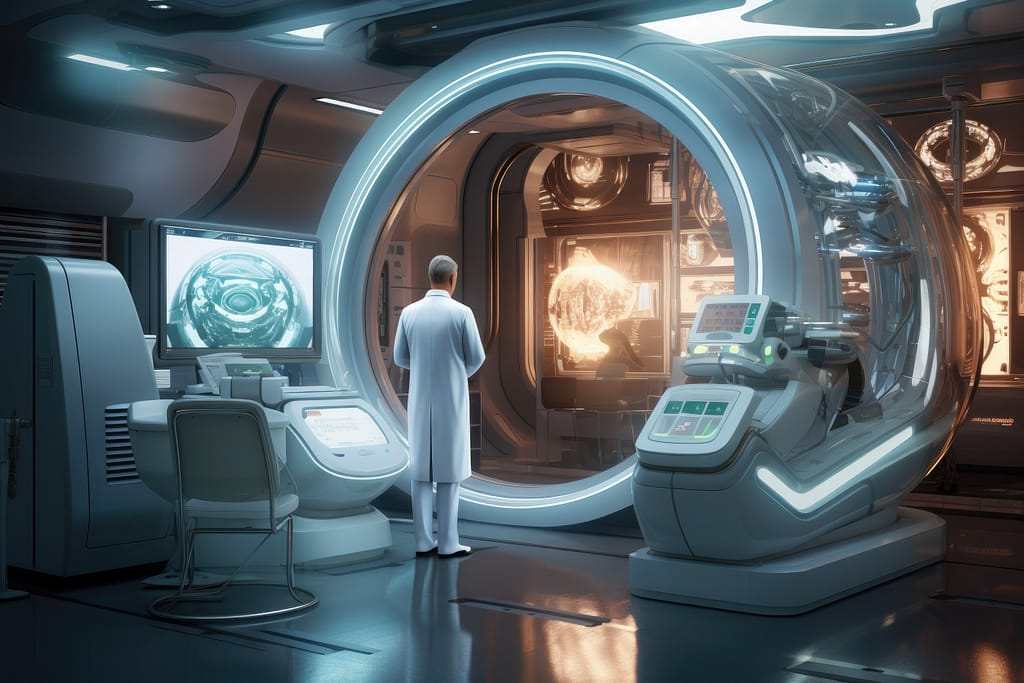
Robotics and Automation Robotics will become common in surgeries, offering higher precision and reducing human error. Automation will streamline administrative tasks and lab processes, increasing efficiency in healthcare facilities.
FemTech Innovations Technology focused on women’s health, known as FemTech, will grow significantly. Innovations will include virtual clinics, wearable fertility trackers, and platforms addressing specific women’s health needs.
Preventive Healthcare through Nutrition There will be a shift towards preventive healthcare, focusing on diet and nutrition. AI tools will enhance understanding of how nutrients affect health, leading to better dietary recommendations and products.
Here are some typical procedure where these upcoming technologies will give their best results to provide better human health.
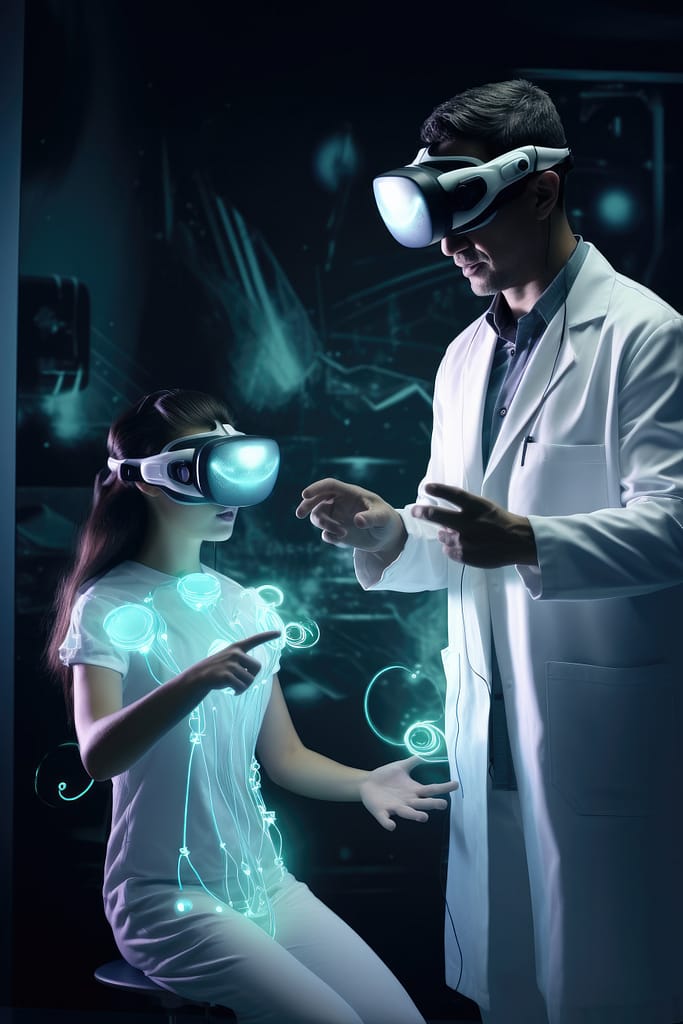
1. Personalized Medicine:
Genomic sequencing and AI will enable tailored treatments and targeted therapies based on individual genetic profiles.
2. AI-Assisted Diagnostics:
AI-powered diagnostic tools will analyze medical images, patient data, and lab results to detect diseases earlier and more accurately.
3. Virtual and Augmented Reality Therapy:
Immersive technologies will revolutionize therapy for mental health, pain management, and rehabilitation.
4. 3D Printing and Bioprinting:
Customized prosthetics, implants, and even organs will be created using 3D printing and bioprinting techniques.
5. Telemedicine and Remote Monitoring:
Advanced telemedicine platforms and wearable devices will enable remote patient monitoring, reducing hospitalizations and improving outcomes.
6. Gene Editing and CRISPR:
Gene editing technologies like CRISPR will continue to advance, enabling precise treatments for genetic diseases.
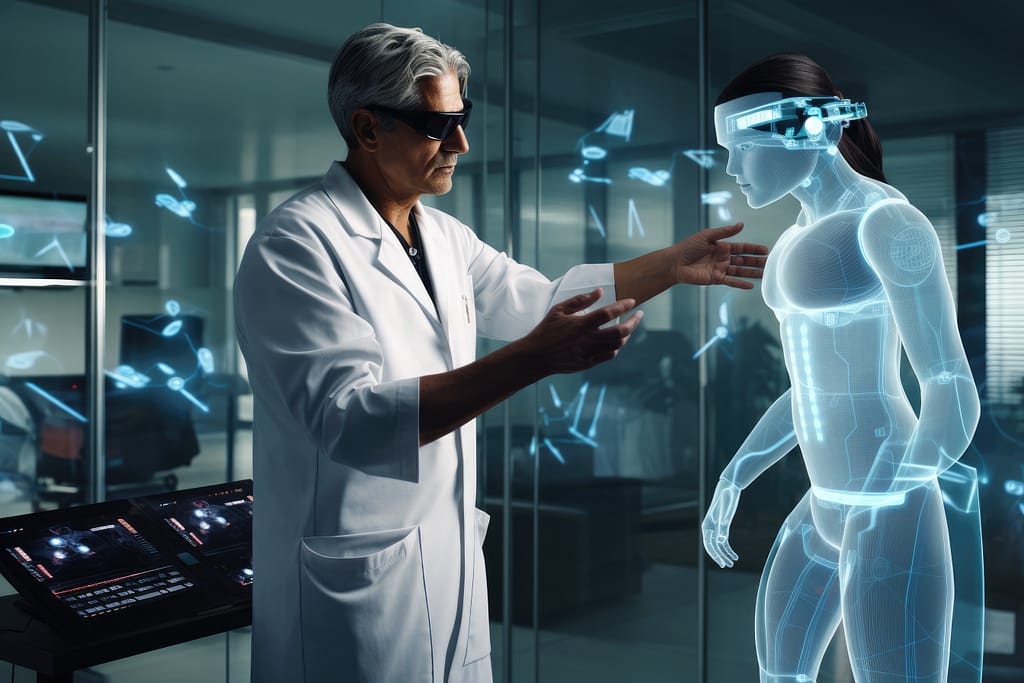
7. Synthetic Biology:
Designing biological systems and microorganisms will lead to novel therapies, vaccines, and diagnostics.
8. Nanomedicine:
Nanoparticles and nanorobots will be used for targeted drug delivery, cancer treatment, and disease diagnosis.
9. Brain-Computer Interfaces (BCIs):
BCIs will enable people to control devices with their thoughts, revolutionizing paralysis treatment and prosthetic control.
10. Predictive Analytics and Health Data:
AI-powered predictive analytics will identify high-risk patients, prevent diseases, and optimize healthcare resources.
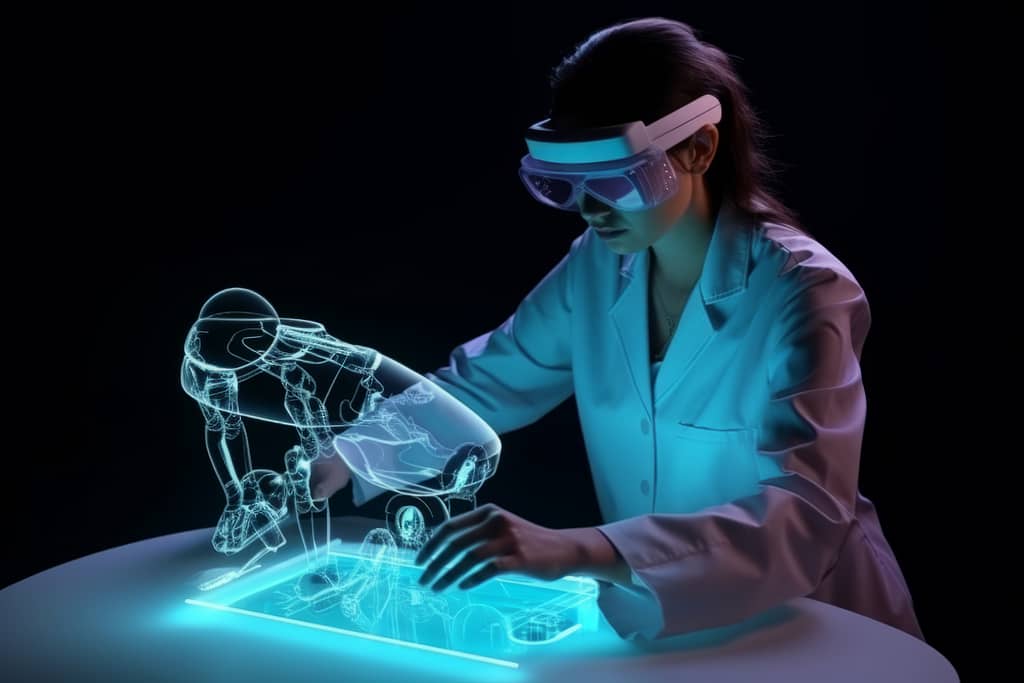
11. Robotics and Autonomous Systems:
Robotic assistants will aid in surgeries, patient care, and rehabilitation, enhancing precision and efficiency.
12. Digital Therapeutics:
Prescription-grade digital therapies will become mainstream, treating conditions like depression, anxiety, and chronic pain.
These emerging technologies will transform the healthcare landscape, improving patient outcomes, and enhancing the overall quality of life.
Discover more from Midnight India
Subscribe to get the latest posts sent to your email.











